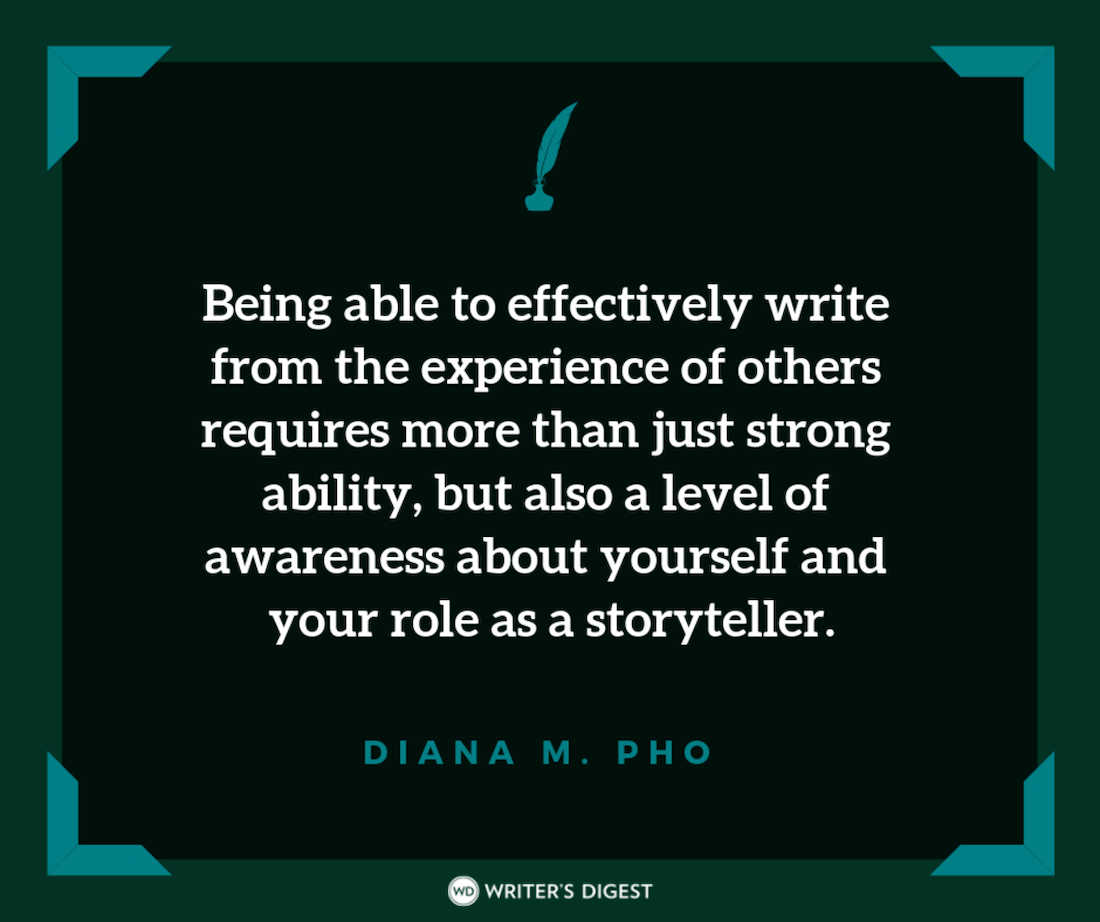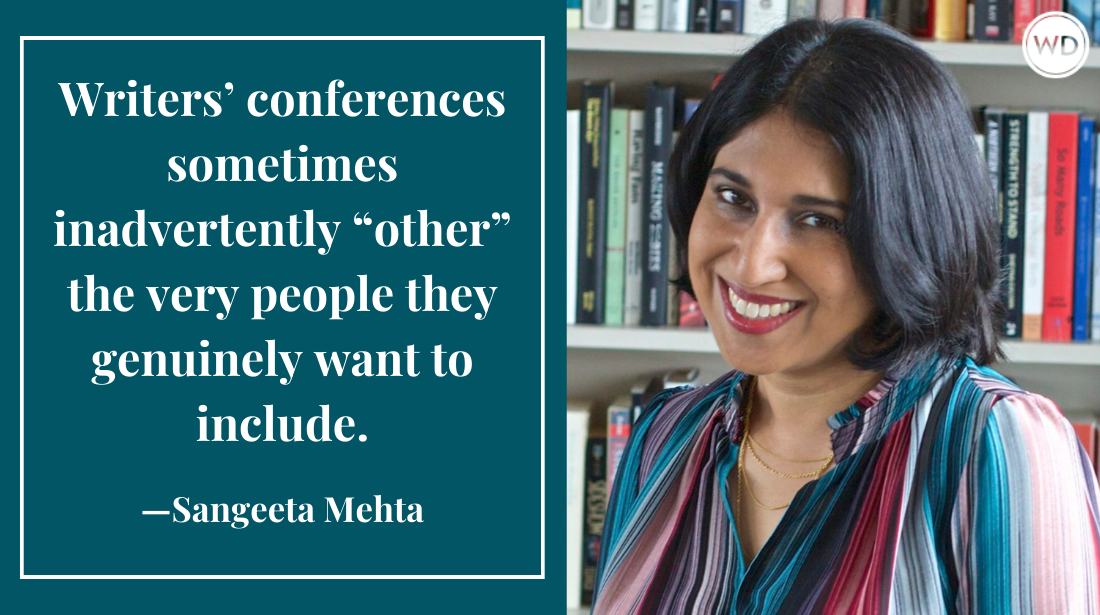For Everyone Who Believes the Print Book Experience Is Just Too Good to Replace
I work in the publishing industry, where most people have a very personal and nostalgic connection to paper-based books. We value the organic and intimate feel of the paper ……
I work in the publishing industry, where most people have a very personal and nostalgic connection to paper-based books. We value the organic and intimate feel of the paper … the thousands of years of history of the paper book format … how much better a "real" book feels than an electronic book.
This mindset isn't limited to literary/publishing types. I know an IT director who sits in front of a computer for 12 hours a day who says he'll never prefer e-books.
Really?
Remember what the first personal computer looked like?
Remember what the first video game looked like?
Remember what the first cell phone looked like?
Remember what the first iPod looked like?
And here's what an early e-reading device looks like:
We're witnessing the earliest stages of digital books. It's not going to stay like this for long. I promise something will come along that will make you set aside your nostalgia for the paper book.
[Argument variation: When does an e-book stop delivering a "book" experience?This article in ShelfAwareness argues that digital presentation alters our experience of a story, though I don't think it alters it in a *meaningful* way unless we're talking about interactivity, social media integration, and other interruptions/dynamics that stop us from reading the text in an isolated, focused way.]
Jane Friedman is a full-time entrepreneur (since 2014) and has 20 years of experience in the publishing industry. She is the co-founder of The Hot Sheet, the essential publishing industry newsletter for authors, and is the former publisher of Writer’s Digest. In addition to being a columnist with Publishers Weekly and a professor with The Great Courses, Jane maintains an award-winning blog for writers at JaneFriedman.com. Jane’s newest book is The Business of Being a Writer (University of Chicago Press, 2018).









